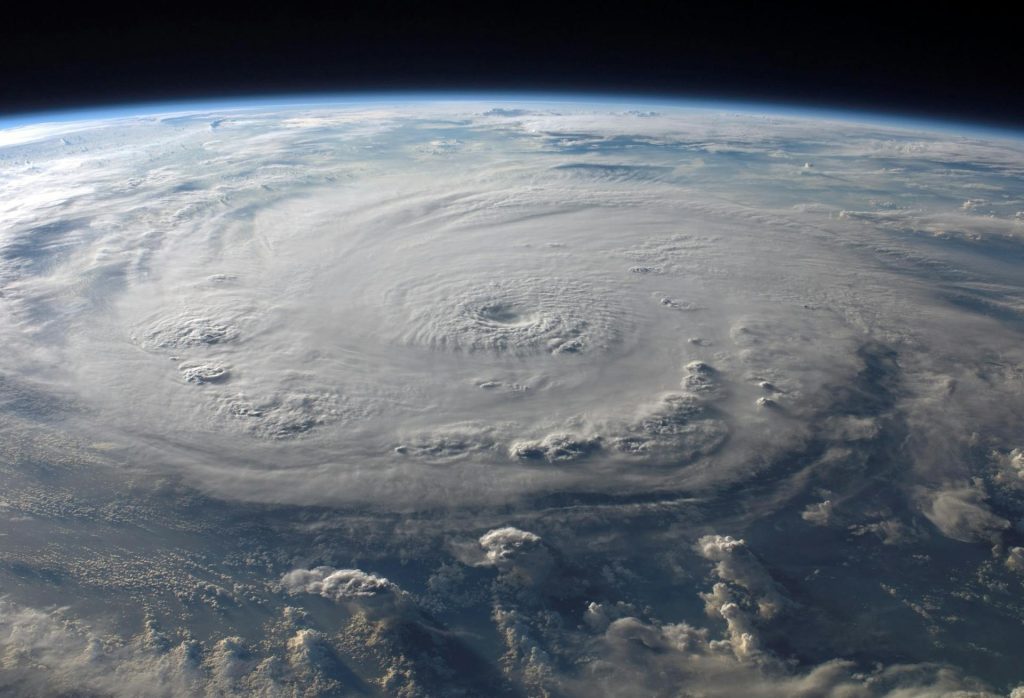
This year has been devastating for many, with 33 states already impacted by federally declared disasters. Catastrophic events like Hurricanes Milton and Helene have resulted in billions of dollars in damages, leaving countless individuals without adequate insurance to cover their losses.
If you’ve been affected, the federal disaster loss tax deduction may offer some much-needed financial relief. However, the rules are complex and strict. This guide will help you understand if you qualify and how the deduction is calculated.
Who Can Claim the Disaster Loss Deduction?
The most critical rule under current tax law is that this deduction is only for personal casualty losses suffered in a federally declared disaster area.
- What Qualifies: Damage to or loss of your home, vehicle, or personal belongings due to a qualifying event like a hurricane, wildfire, flood, or tornado.
- What Does NOT Qualify: Isolated incidents, such as a house fire or a water pipe bursting (unless they are a direct result of the larger declared disaster), are not eligible for this specific deduction.
You can check if your location has been declared a federal disaster area on the FEMA website.
How to Calculate Your Deductible Loss: The Key Factors
Calculating your potential deduction is a multi-step process, and several factors will reduce the final amount. It’s important to understand these limitations to set realistic expectations.
Step 1: Determine the Amount of Your Loss Your casualty loss is the lesser of these two amounts:
- Your adjusted basis in the property (typically what you paid for it, plus improvements).
- The decrease in the property’s fair market value as a result of the disaster.
Step 2: Subtract All Reimbursements From the loss amount calculated above, you must subtract any and all money you have received or expect to receive from:
- Insurance settlements
- FEMA grants
- Other relief payments
The remaining amount is your out-of-pocket loss.
Step 3: Apply IRS Limitations Your final deduction is limited by two more rules:
- $100 Rule: You must reduce each separate casualty loss by $100.
- 10% AGI Rule: You must further reduce your total casualty losses for the year by 10% of your Adjusted Gross Income (AGI). Your AGI is typically found on line 11 of your Form 1040.
Because of these limitations, especially the 10% AGI rule, the final deductible amount is often significantly smaller than the total property damage sustained.
Important Deadlines and How to File
The IRS often provides relief for taxpayers in disaster areas, including automatic extensions for filing tax returns and making tax payments.
- Check for Extensions: Visit the IRS’s official Tax Relief in Disaster Situations page for the most up-to-date information on extensions specific to your location.
- Filing Your Claim: You will use IRS Form 4684, Casualties and Thefts, to report your losses and calculate your deduction.
- Option for Prior-Year Filing: A special rule allows taxpayers to claim a disaster loss on their tax return for the year before the disaster occurred. This can be beneficial if you were in a higher tax bracket the previous year or if it results in an immediate refund when you need it most.
Navigating these rules can be challenging. If you have suffered a significant loss, it is highly recommended to consult with a qualified tax professional to ensure you are maximizing your deduction correctly.

